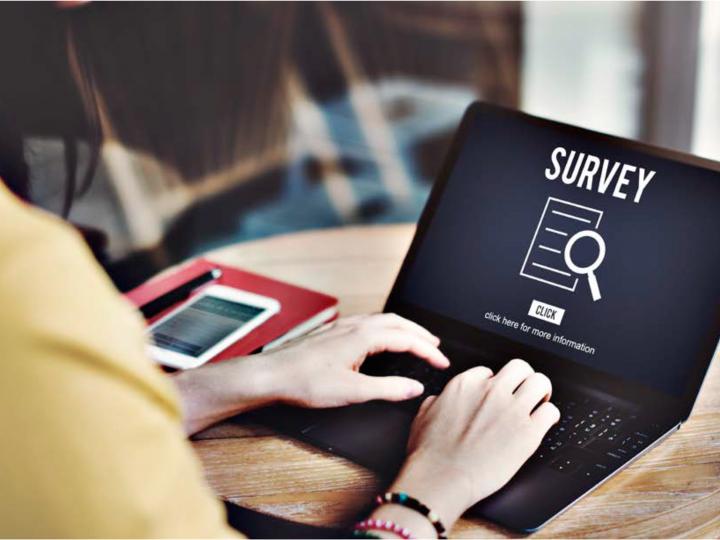A. THE MARKET
We are currently navigating our business through uncharted waters. The Covid-19 outbreak has overturned both our personal and business lives, and has disrupted markets, consumer habits the stock markets. In this environment some companies have been tempted to freeze and postpone their research projects, focusing more in public relations and in their human capital. Yet there are those who carry on, since studying customer/consumer behavior is essential in supporting strategic decisions.
More likely to continue investing in research are products whose demand hasn’t declined, like food and beverages, cleaning products and media. The same applies for services that require a long implementation period, like insurance and investment programs. Design research (concept and package) is also being conducted albeit only online and in 3D.
Research methodologies like personal interviews, focus groups, ethnographies and mystery shopping at the point of sale are no longer feasible. There is nevertheless a shift towards online methodologies which in quantitative research have been widespreadly used for over a decade, but until recently were not widely applied in qualitative studies.
B. POINTS TO BEAR IN MIND
1. Phrasing of questions
Because everyday life to a large extend has been disrupted, the point of reference should not be what consumers are doing today (unless the research study focuses on Covid-19), but what they did before or will do after. It is not meaningful to know how many times someone visited a supermarket last week, but how many times he/she usually visits.
2. Acknowledge the current situation
We do not turn a blind eye to the current situation, we don’t avoid the issue. No matter the research goals, we must give respondents time to discuss the pandemic. That would mean allocating 3-4 minutes at the beginning of the discussion or 1-2 questions in the quantitative survey. Following this, respondents - participants easily focus on the main research subject, which indeed they consider a nice break from their everyday routine.
3. Be cautious in decoding
By setting the main research subject at the beginning of the discussion you dissociate it from the current conditions. Any influence in the answers given is isolated. More extended probing is required as well as clarification questions. Moderators and analysts need to be able to read between the lines to ensure participants’ responses aren’t colored by the current situation – or if they are, to understand the extent of the impact. In this context there is more need than ever for follow-up questions to ensure you are getting a full, accurate picture.
4. Increased participation
In Greece as in other countries a much higher than usual interest and availability for participation in research studies is recorded. Taking part in research is seen as a different activity which is a nice break from the dull lockdown routine. The input provided by respondents is highly insightful and extensive. There has even been an instance where the participants of a focus group were so excited that they requested exchanging contact details to keep in touch after the discussion, something that unfortunately due to GDPR was not possible.
5. Communication tool
For branded research studies like add pre-testing or customer satisfaction research, an interview serves a dual cause: extracting the necessary insights and at the same time demonstrating to customers/consumers that in these difficult times the company reaches out to them, takes their opinion into account.
C. THE NEXT DAY
The next day will find a different consumer. As the 2015 capital controls lead to a significant increase of credit/debit card payments and e-banking, the lockdown is expected to lead to an increase in online communication and possible leave a “social distancing” trend.
Marketing research must identify behaviors, habits, and decision-making procedures that will continue, to help brands be ready for when the pandemic in over.
Well established techniques like face-to-face interviews and focus groups because of the unique advantages they offer will be back when this becomes feasible again. In countries like Italy and the UK it will take longer. Greece, having dealt effectively with COVID-19, will see an earlier return of traditional methods. However, online methods are here to stay, clients and agencies need to adopt to this. Those who out of necessity applied the new techniques have been totally satisfied by their effectiveness.
Costas Sigalos
Managing Director Global Link
